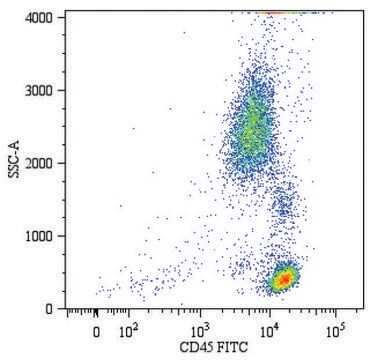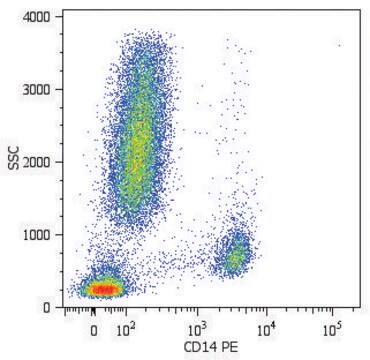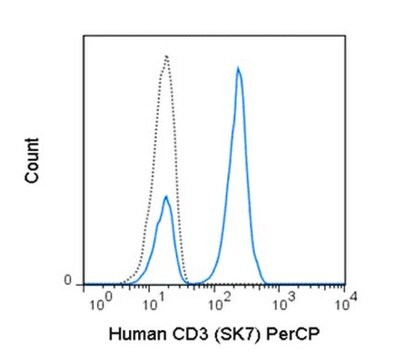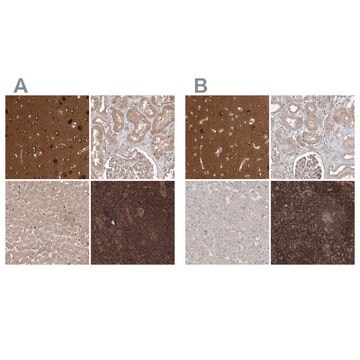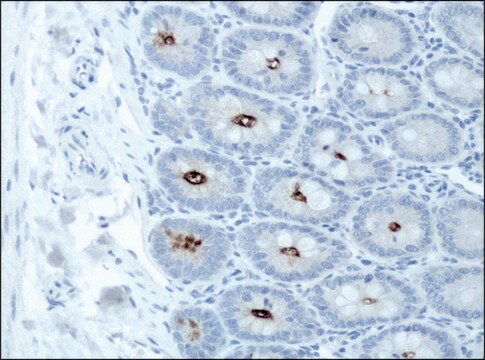SAB4700164
Monoclonal Anti-CD34-PE antibody produced in mouse
clone 4H11[APG], purified immunoglobulin, buffered aqueous solution
Synonym(s):
Anti-Mucosialin
About This Item
Recommended Products
biological source
mouse
conjugate
phycoerythrin (R-PE) conjugate
antibody form
purified immunoglobulin
antibody product type
primary antibodies
clone
4H11[APG], monoclonal
form
buffered aqueous solution
species reactivity
human
technique(s)
flow cytometry: suitable
isotype
IgG1
NCBI accession no.
UniProt accession no.
shipped in
wet ice
storage temp.
2-8°C
target post-translational modification
unmodified
Gene Information
human ... CD34(947)
General description
Immunogen
Application
Features and Benefits
Physical form
Disclaimer
Not finding the right product?
Try our Product Selector Tool.
Storage Class
10 - Combustible liquids
wgk_germany
WGK 2
flash_point_f
Not applicable
flash_point_c
Not applicable
Certificates of Analysis (COA)
Search for Certificates of Analysis (COA) by entering the products Lot/Batch Number. Lot and Batch Numbers can be found on a product’s label following the words ‘Lot’ or ‘Batch’.
Already Own This Product?
Find documentation for the products that you have recently purchased in the Document Library.
Our team of scientists has experience in all areas of research including Life Science, Material Science, Chemical Synthesis, Chromatography, Analytical and many others.
Contact Technical Service


